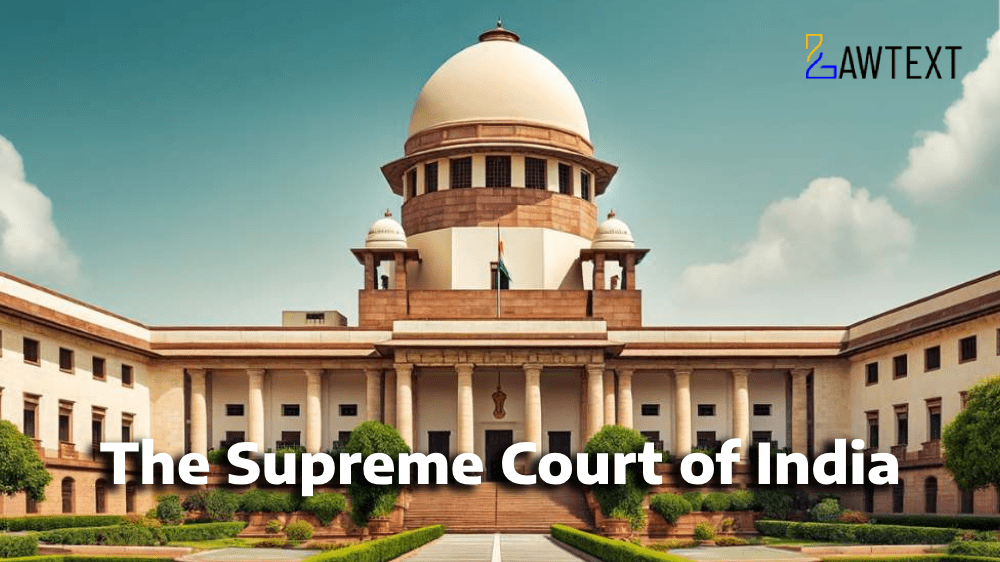CASE NOTE & SUMMARY
The Supreme Court of India, deals with the execution of a final decree in a partition suit and the rights of a pendente lite transferee. It affirms that a third party or pendente lite transferee who is dispossessed of immovable property during the execution of a decree has the right to seek re-delivery under Order XXI Rule 99 of the CPC. The Court also emphasizes the limitation period for executing such decrees under Article 136 of the Limitation Act, 1963.
The Court dismissed the appeals and upheld the High Court's decision to remand the matter to the trial court for fresh consideration, ruling that the Execution Petition was time-barred as the limitation period starts from the date of the final decree and not when it is engrossed on stamp paper.
1. Background of the Case (Paras 3-4)
- The appellants are legal representatives of the original plaintiff (Padmakshy) who filed a suit in 1956 for partition and separate possession of her share in 13 items of immovable property.
- The final decree was passed on 09.03.1970, and the execution proceedings began in 1991.
2. Dispute Over Item No. 4 (Paras 4-5)
- The dispute centered around item no. 4 of the property, originally owned by Ayyappan and later mortgaged multiple times. Portions of the property were assigned to various parties, including the respondent’s predecessor, Raghuthaman.
3. Execution Proceedings and Remand Order (Paras 6-7)
- The plaintiff was allotted a portion of item no. 4, but Raghuthaman resisted and sought re-delivery of possession. The High Court allowed his appeal, prompting the current appeal before the Supreme Court.
4. Arguments of the Parties (Paras 8-9)
- The appellants argued that Raghuthaman was a pendente lite transferee and could not resist the execution. The respondents claimed the execution petition was time-barred and raised the issue under Order XXI Rule 99 CPC.
5. Supreme Court's Analysis (Paras 14-18)
- The Court clarified that under Order XXI Rule 99 CPC, any person other than the judgment debtor has the right to approach the Court after being dispossessed.
- The Court highlighted the difference between the rights of decree holders and third parties, emphasizing the doctrine of lis pendens and the rights of pendente lite transferees.
Acts and Sections Discussed
-
Order XXI Rule 99 of CPC (Civil Procedure Code)
- Details the rights of a third party (other than the judgment debtor) who is dispossessed during execution proceedings.
-
Article 136 of the Limitation Act, 1963
- Specifies the limitation period for executing a decree (12 years from the date of the decree).
Ratio Decidendi
The Supreme Court upheld the High Court's decision that:
- A pendente lite transferee, even if not a party to the suit, has the right to seek re-delivery of possession under Order XXI Rule 99 CPC after being dispossessed.
- The limitation period for executing a partition decree begins from the date of the final decree, not from when it is engrossed on stamp paper.
Subjects:
Civil Procedure, Partition Suit, Execution of Decrees, Rights of Pendente Lite Transferee, Limitation Act
Partition Suit, Pendente Lite Transferee, Civil Procedure Code (CPC), Limitation Act, Execution Proceedings, Property Rights, Lis Pendens
Citation: 2024 LawText (SC) (10) 141
Case Number: CIVIL APPEAL NOS. 8315 – 8316 OF 2014
Date of Decision: 2024-10-14
Case Title: RENJITH K.G. & OTHERS VERSUS SHEEBA
Before Judge: [PANKAJ MITHAL J. , R. MAHADEVAN J.]
Appellant: RENJITH K.G. & OTHERS
Respondent: SHEEBA

